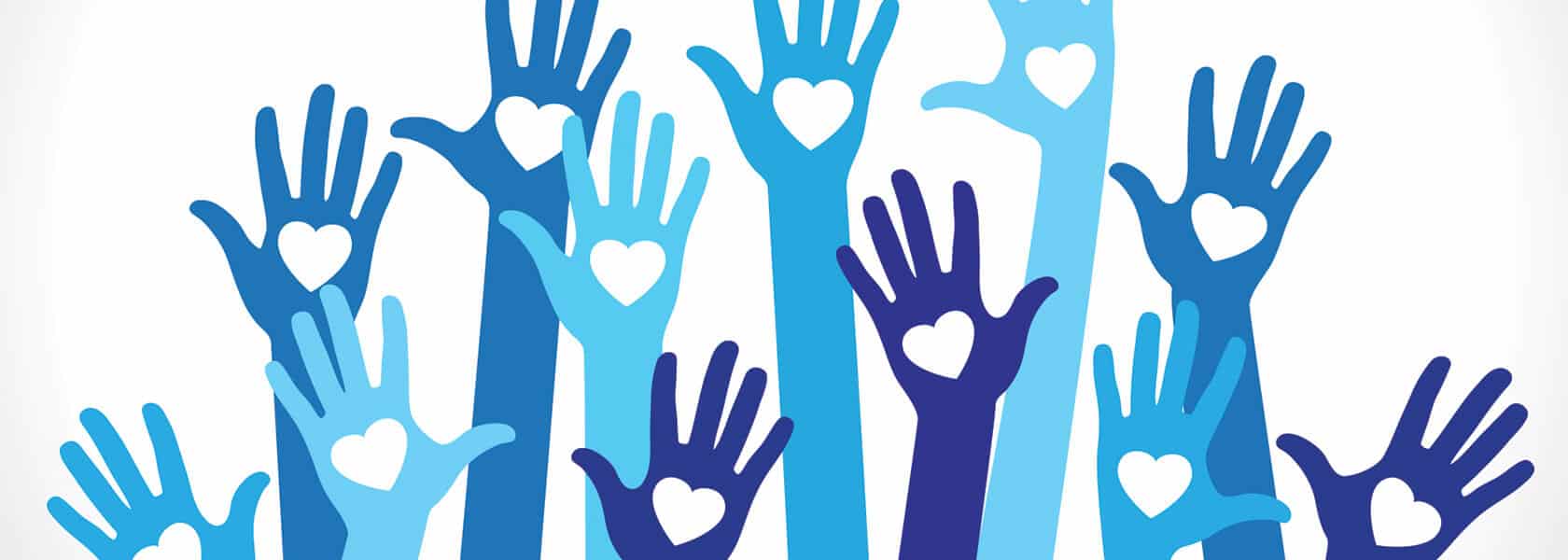- Home /
- DIABETES & YOU
- /MANAGEMENT & CARE
- /Short-term Complications
Short-term Complications
With diabetes you might experience drop in your blood glucose level.
When the blood sugar levels fall below 70 mg/dl we call it hypoglycemia.
It is important for you to detect the symptoms that indicate hypoglycemia, these could be:
- Dizziness
- Excessive fatigue
- Excessive hunger
- Shivering
- Headache
- Sweating
- Anger
- Increase in heart beat
Hypoglycemia should be treated promptly.
While consciousness
Take 15 gram of simple sugar (half cup of juice or glucose tablets or one tablespoon of sugar dissolved in water). Wait for 15 minutes and measure the blood sugar, if the reading is more than 70mg/dl, take a snack to avoid recurrence of hypoglycemia, and if the reading is still less than 70mg/dl repeat the process and take another 15 grams of simple sugar.
If left untreated Hypoglycemia can lead to fainting and unconsciousness.
If unconsciousness
Your family should not give anything by mouth. But treat you with a glucagon injection if available or rub the inner side of your cheek with small amount of honey or jam.
Meanwhile an ambulance should be called.
It is always important to take measures to prevent Hypoglycemia
- Be careful with the timing of your meals and avoid delaying any meal or snack
- Avoid slipping your meals
- Plan well for any physical activity and discuss with your educator of there is a need to reduce your insulin dose
- Monitor your blood glucose frequently around the time of a previous hypoglycemia incident
- Check your blood glucose before driving
- Keep a healthy snack and source of simple sugar with you at all time
Hyperglycemia also known as High Blood Glucose is a state in which a blood glucose levels exceed the target for the fasting or meal period.
You might end up with hyperglycemia if you are:
- Not using enough insulin or oral diabetes medication
- Not injecting insulin properly or using expired insulin
- Not following a healthy eating plan
- Being inactive
- Having an illness or infection
- Using certain medications, such as steroids
- Being injured or having surgery
- Experiencing emotional stress
- Being sick
- Menstrual cycle for female
Some of the known symptoms of hyperglycemia include:
- Frequent urination
- Increased thirst
- Blurred vision
- Fatigue
- Headache
You can treat Hyperglycemia by:
- Take medication as directed.
- Reduce carbohydrate intake
- Drink plenty of water
- Adjust insulin doses to control hyperglycemia (correction dose).
- Re-check blood glucose level.
In order to prevent Hyperglycemia:
- Follow healthy meal plan and control carbohydrate intake.
- Monitor blood Glucose more frequently.
- Take medication as prescribed by your health care provider.
- Adjust medication if activity level changes.
Diabetic ketoacidosis (DKA) is a serious complication of diabetes that occurs when your body produces high levels of blood acids called ketones. The Diabetic ketoacidosis develops when there is no enough insulin in the body.
The causes of DKA could:
- Suffering from a bout of illness.
- Having an inadequate insulin regime.
- Frequently missing your insulin doses
Some of the common symptoms of DKA are:
- Excessive thirst
- Frequent urination
- Nausea and vomiting
- Abdominal pain
- Weakness or fatigue
- Shortness of breath
- Fruity-scented breath
- Confusion
DKA is treated in hospital by:
- Fluid and Electrolyte replacement.
- And insulin drip
You can prevent DKA by:
- Frequent BG monitoring
- Check ketone (blood/ urine) if BG is above 250mg/dl.
- Don’t miss the insulin doses



